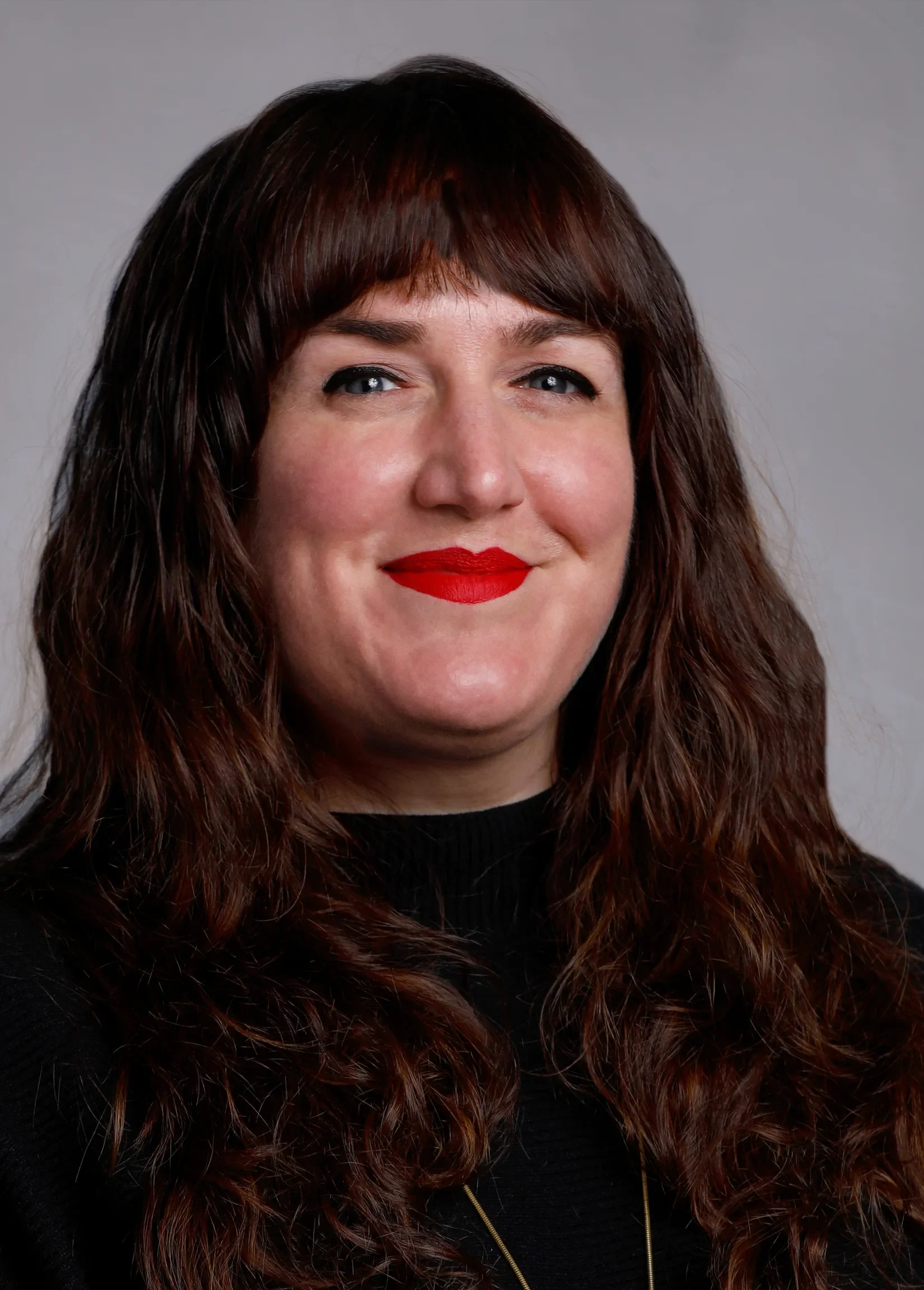Katie Spencer, PhD, LP, CST
About
Pronouns: she/her
Occupation and Specialty: Psychologist, Certified Sex Therapist, Gender Specialist
Location (Clinic/hospital): M Health Fairview Sexual and Gender Health Clinic
Location (City): Minneapolis
Offers Telehealth: Yes
Contact Information: https://www.mhealthfairview.org/locations/M-Health-Fairview-Sexual-and-Gender-Health-Clinic
Bio: Katie Spencer, PhD, LP, CST, is the clinical training director and the coordinator of the Relationship and Sex Therapy Program (REST) at the Eli Coleman Institute of Sexual Gender Health (ISGH). Dr. Spencer is an associate professor in the Department of Family Medicine and Community Health at the University of Minnesota Medical School. Dr. Spencer’s clinical, teaching, and scholarly work focuses on queer and gender diverse sex therapy, sexual health and sexual pleasure. She has a PhD in Counseling Psychology, is a licensed psychologist in the state of Minnesota, is a gender specialist and a Certified Sex Therapist through the American Association of Sex Educators, Counselors, and Therapists (AASECT).
Approach to care
What does it look like for you to provide care to patients in larger bodies? How is, or isn’t, your approach different from how you care for patients in smaller bodies? If you work with children, how is or isn’t your approach different when working with children?
As a sex and gender therapist, embodiment and relationships to our bodies is central to our expereinces of self. Living in a world that stigmatizes larger and fat bodies shapes us and can be something we navigate daily. In my approach to care, being mindful, affirming, responsive and knowledgeable and collaborating with clients to create a safe and trusting therapeutic relationship is foundational to our work together.
What is your perspective on how weight is or is not related to health?
Working in a medical system I see daily how weight is pathologized and this weight stigma leads to negative mental and physical health outcomes. I have worked with many clients to advocate for them in accessing care that fights this stigma and meets their needs, while also supporting and affirming their experiences to fight medical and social dismissal.
Finish this sentence: “Fat people are…”
Fat people are me, my family, my friends, and my community.
How do you, your clinic, and the healthcare system you work in use BMI (i.e BMI cutoffs for accessing certain services, BMI on charts and printouts, etc)? Is this flexible?
n/a
If a patient declines to be weighed, how do you and/or your staff proceed?
n/a
If a patient declines to discuss weight loss, nutrition, and/or exercise, how do you proceed?
n/a but also respect your choice and needs!
What does the physical accessibility of your office space look like? What kinds of accommodations are present for people in larger bodies? Are there things you wish were in place that are currently not?
The waiting room does have couches and chairs without arms, and is ADA compliant. My office has a couch and a chair with arms, is spacious.
What do you do to allow fat people to feel comfortable and welcome in your office?
I have art and books featuring fat bodies being joyful, gender expansive, and sex positive. I ask about access needs and work to address any needs that arise.
If you’d like to use this space to talk about any identities (gender, race, size, sexuality, etc.) you hold and how this relates to your care, please do so.
I am an over 40 white queer cisgender small fat femme who has worked in sex therapy and gender affirming care for over 15 years. I grew up mixed lower and middle class, and currently work in a medical and academic environment. I am an anarchist, abolitionist, feminist, and queer sex radical and these political and social locations inform my approaches to care and perspectives. I value transparency and relational authenticity.

